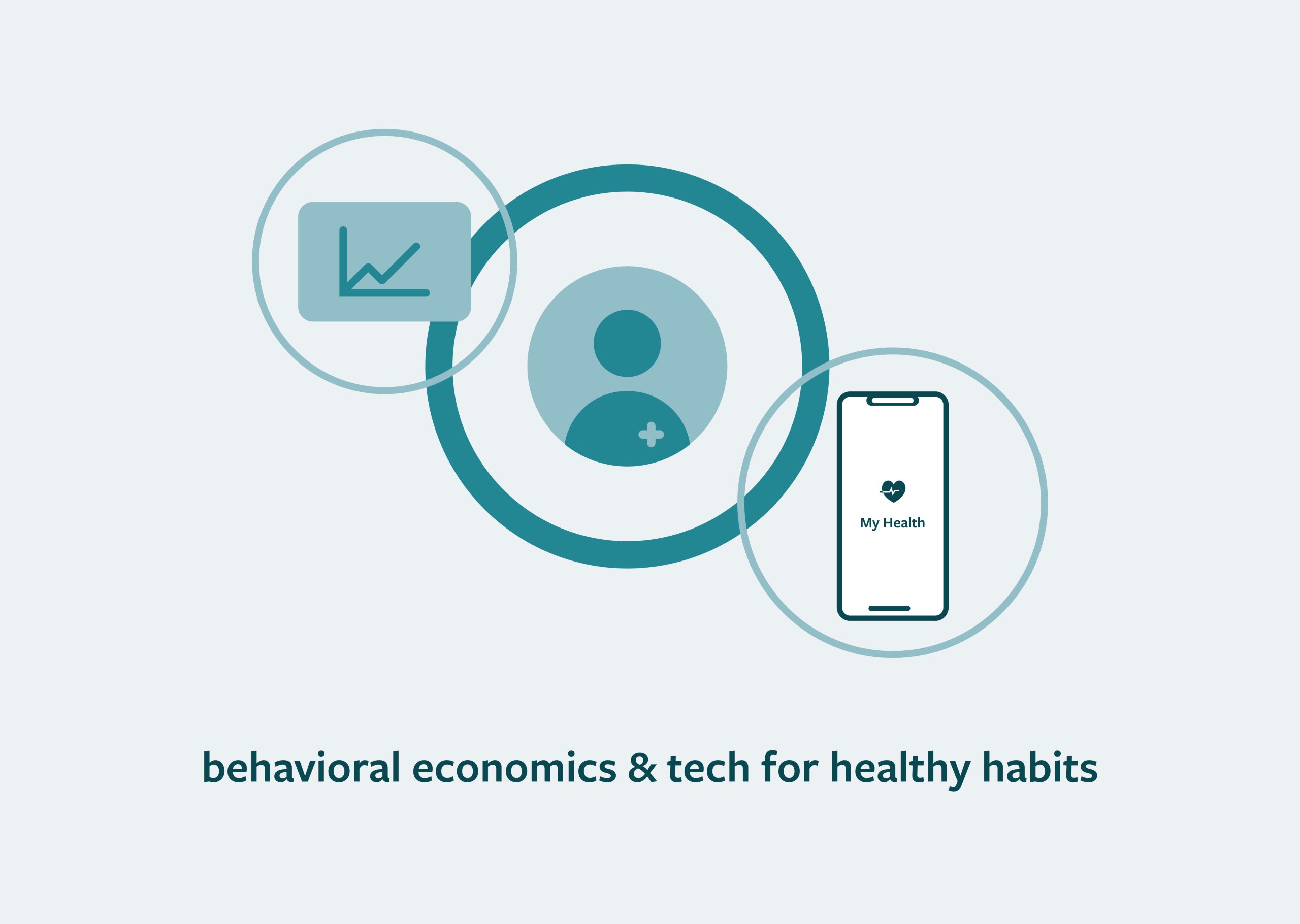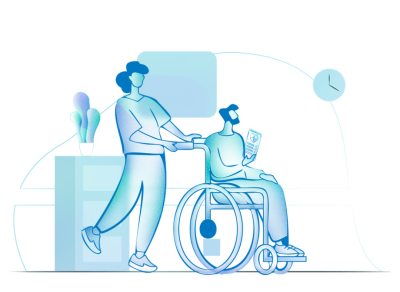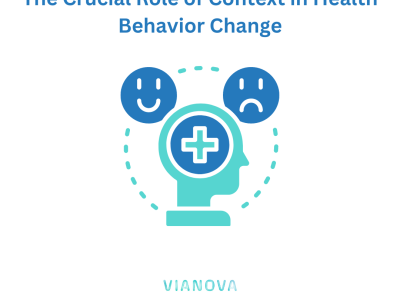
Empowering Patients Through Self-Monitoring: A Behavioral Approach to CCM
Chronic Care Management (CCM) programs play a crucial role in supporting individuals with chronic illnesses. A key component of effective CCM is self-monitoring, where patients track and manage their health-related data. This self-monitoring empowers patients to take an active role in their healthcare journey. In this article, we will explore the role of self-monitoring in CCM for chronic illnesses and discuss how behavioral economics principles, such as the endowment effect and feedback loops, can be integrated into self-tracking tools and technologies to empower patients and drive positive health outcomes.
The Significance of Self-Monitoring in CCM
Self-monitoring involves patients actively tracking their health metrics, such as blood glucose levels, blood pressure, medication adherence, and lifestyle behaviors like diet and exercise. It allows individuals to gain insights into their health status, identify patterns, and make informed decisions regarding their treatment and lifestyle choices. Here’s why self-monitoring is crucial in CCM:
1. Empowerment: Self-monitoring empowers patients to be proactive participants in their healthcare. It provides them with a sense of control and responsibility for managing their chronic conditions.
2. Early Detection: Regular monitoring can help detect changes or abnormalities in health metrics early, allowing for timely intervention and prevention of complications.
3. Data-Driven Decisions: Self-monitoring provides patients with data that can inform treatment decisions, enabling them to work collaboratively with healthcare providers to tailor their care plans.
Behavioral Economics Principles in Self-Monitoring
1. Endowment Effect: The endowment effect is a cognitive bias where individuals tend to overvalue items or resources they already possess. In the context of self-monitoring, this principle can be harnessed by making patients feel a sense of ownership over their health data. Patients who actively collect and track their health metrics may be more motivated to protect and improve them.
2. Feedback Loops: Behavioral economics emphasizes the importance of timely feedback in shaping behavior. Self-monitoring tools can incorporate real-time feedback mechanisms to provide patients with immediate information about their health metrics and the consequences of their actions. This feedback can reinforce positive behaviors and prompt corrective actions when needed.
3. Defaults and Inertia: Setting default options can influence patient behavior. Self-monitoring tools can be designed to have default settings that encourage desired behaviors, such as setting daily medication reminders or presetting target health metrics for users.
Benefits of Behavioral Economics-Informed Self-Monitoring
1. Improved Adherence: Behavioral economics principles can boost patient engagement and adherence to self-monitoring routines. Patients who feel a sense of ownership over their health data are more likely to comply with monitoring protocols.
2. Better Treatment Decisions: With access to timely feedback, patients can make more informed decisions regarding medication adjustments, lifestyle changes, or when to seek medical attention.
3. Empowerment: Empowered patients are more likely to take an active role in managing their chronic conditions, leading to improved health outcomes and reduced healthcare costs.
4. Data-Driven Healthcare: The data collected through self-monitoring can enhance doctor-patient communication, enabling healthcare providers to make more personalized and effective treatment recommendations.
Self-monitoring is a valuable component of Chronic Care Management, empowering patients to actively engage in their healthcare journey. By integrating behavioral economics principles such as the endowment effect and feedback loops into self-tracking tools and technologies, we can enhance patient motivation and drive positive health outcomes. As the field of healthcare continues to evolve, embracing these principles in self-monitoring can lead to better patient experiences, improved health outcomes, and a more patient-centered approach to chronic illness management.



FEEL FREE TO DROP US A LINE.